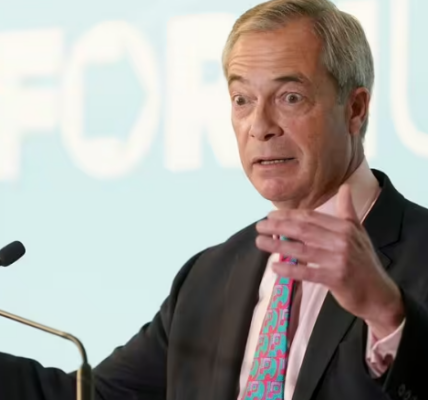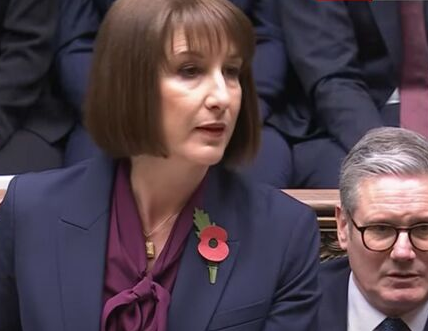Sharing of intimate images now on par with terrorism, child sexual abuse and modern slavery under new laws
Social media bosses could face jail if they persistently fail to stop their platforms being used for revenge porn and deep-fake images.
Peter Kyle, the Technology Secretary, is to make the sharing of intimate images without consent a “priority offence” under new online safety laws from spring next year.
It will mean that companies such as Facebook which fail to prevent them being shared or do not remove them quickly will face fines of up to 10 per cent of their global turnover, equivalent to £10 billion for Meta.
The move puts the sharing of revenge porn or deep fakes on a par with terrorism, child sexual abuse, domestic abuse, the sale of weapons or drugs online and illegal immigration and modern slavery.
‘Will protect thousands’
The Online Safety Act also gives Ofcom, the online regulator, powers to jail tech executives for up to two years if they refuse to cooperate with investigations or persistently breach their duty to protect
Mr Kyle said he hoped requiring tech firms to take more proactive action would “drive behaviour change”.
“What I’m trying to do is, rather than just see action once an offence has been committed and the damage has been done to a victim, is to try and change behaviour that will prevent it happening in the first place,” he said.
“So once this becomes a priority offence, social media companies and platforms themselves are going to have to take proactive measures to ensure their algorithms and their systems prevent this content from going live in the first place.
“That will protect thousands, if not millions, of women in particular, from the degradation, the humiliation and the suffering that goes with this kind of activity.”

He said the comp anies would also have to prove to the regulator that they are taking the measures and take action where any revenge porn content makes it onto their platform.
The Act has also introduced new offences for those who perpetrate revenge porn – defined as the non-consensual sharing of intimate images – even if they were posted without the intent to cause distress or alarm.
Those found guilty of sharing an intimate image could be jailed for up to six months or two years if it is proved that the perpetrator intended to cause distress, alarm or humiliation, or did it to obtain sexual gratification.
Georgia Harrison, the Love Island star whose former boyfriend was jailed for sharing a video of them having sex, said: “As a victim of voyeurism and image-based sexual abuse, what shocked me the most is that certain platforms were not only spreading and advertising this harmful content, but also legally monetising it.
“This new legislation could have shielded me from such exploitation and, more importantly, validated that my voice matters. I earnestly hope tech companies will take this seriously and implement meaningful changes to their algorithms and corporate policies to prevent this type of abuse.
“It is inspiring to see the Government taking concrete steps to address the rise in violence against women and girls. Change is imperative, and this is a promising start and I thank them for supporting this crucial cause.”





